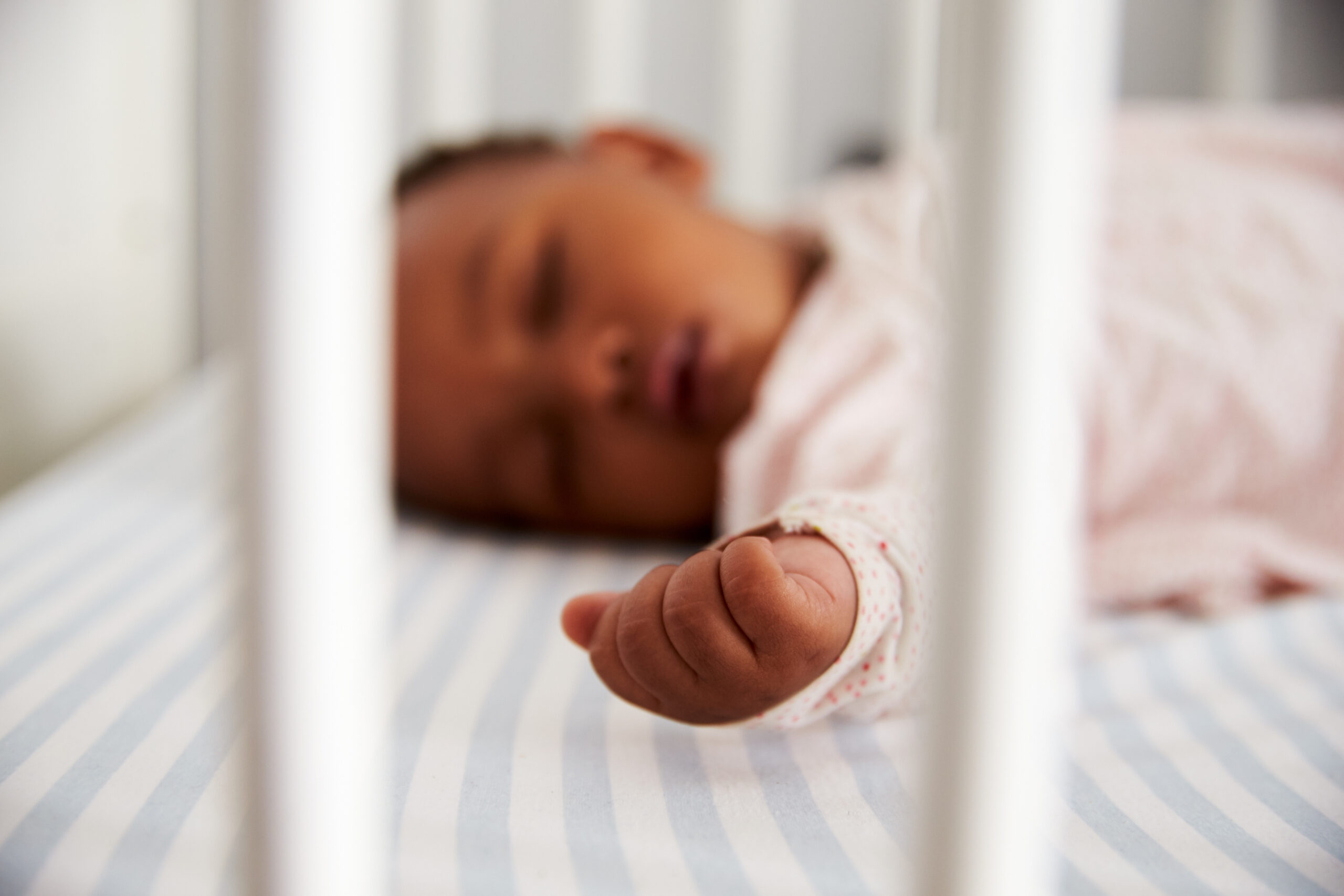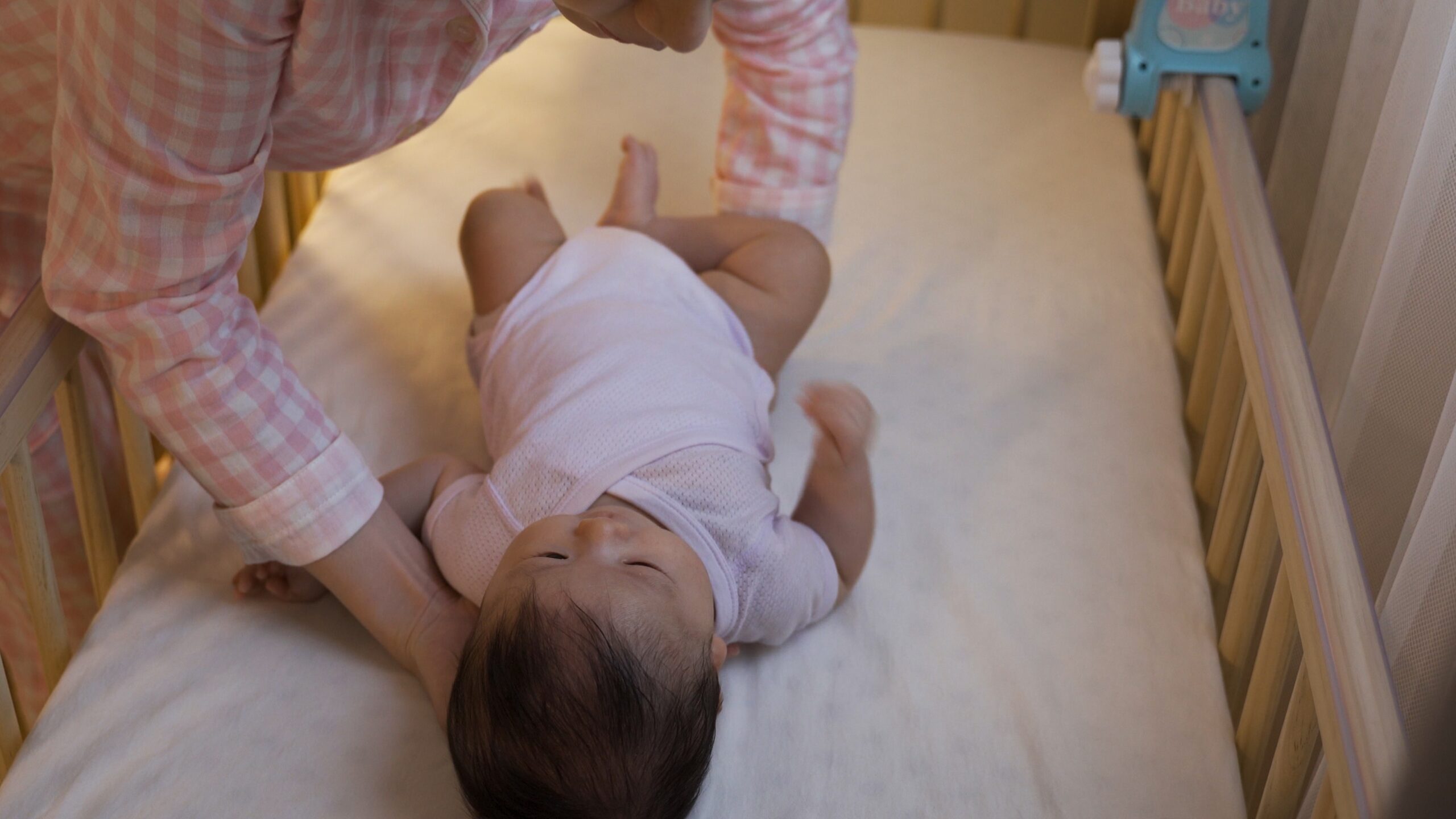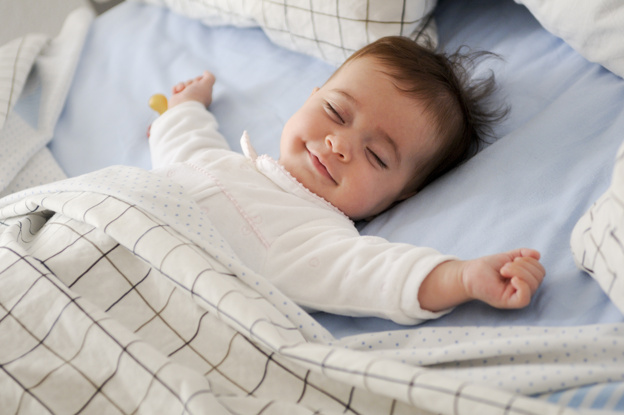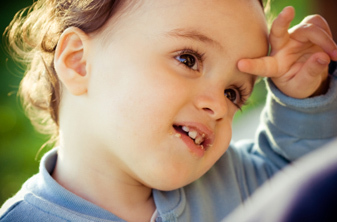The Language of Sleep:
Babies have their own unique language when it comes to letting you know it’s time for sleep. These cues can range from subtle to unmistakable, and learning to interpret them will help to develop healthy sleep habits.Common baby sleep cues:
- Eye Rubbing: As fatigue sets in, babies often rub their eyes as a way to soothe themselves and prepare for sleep.
- Yawning: A classic sign of drowsiness, frequent yawning signals that bedtime is approaching.
- Irritability and fussiness: pulling at ears, and clenching fists can indicate that your baby is tired and in need of rest.
- Becoming quiet and still: A decrease in movement or engagement with surroundings suggests that your baby is winding down and getting ready for sleep.
- Ignoring interaction and losing interest in toys and people can suggest your baby is feeling tired.
- A Glazed Expression: Staring into space or glazed-over look in your baby’s eyes can indicate fatigue and the onset of sleepiness.

Why do sleep cues matter?
- Recognising and responding to your baby’s sleep cues is not just about ensuring a smoother bedtime routine; it’s also about meeting your baby’s need for rest and comfort.
- Tuning into your baby’s cues will help you establish a sleeping pattern for your baby that aligns with their unique natural rhythms, promoting better sleep quality and duration.
- Responding to your baby’s sleep cues also helps to prevent them from becoming overtired and fractious.
- A well-rested baby can engage with the world around them, supporting healthy growth and development.
- If you can respond to your baby’s early sleep cue signals, they will be more relaxed and find it easier to fall asleep.

To understand your baby’s sleep cues, here are some tips:
- Observe your baby’s behaviour: Try looking for subtle changes in your baby’s behaviour and mood throughout the day. Over time you may start to see patterns and consistent cues that signal tiredness or drowsiness.
- Learn your baby’s unique language: Every baby has their own specific cues for sleep, so try to find some time to understand and interpret your baby’s signals such as eye rubbing, yawning, becoming quiet and still, or a glazed expression.
- Take note of timing: Try keeping track of the times when your baby typically shows signs of tiredness. This can help you anticipate their sleep needs and establish a routine around their natural rhythms.
- Understanding your baby’s sleep cues can take time: Be kind to yourself as you observe and learn to recognise your baby’s signals for sleep. It’s a journey, and with time you and your baby will find a rhythm that works.




